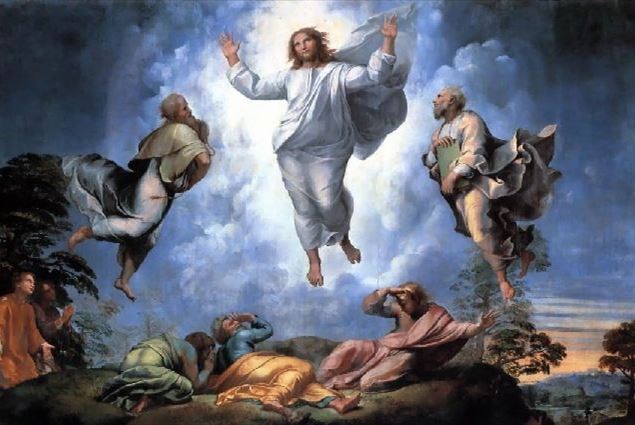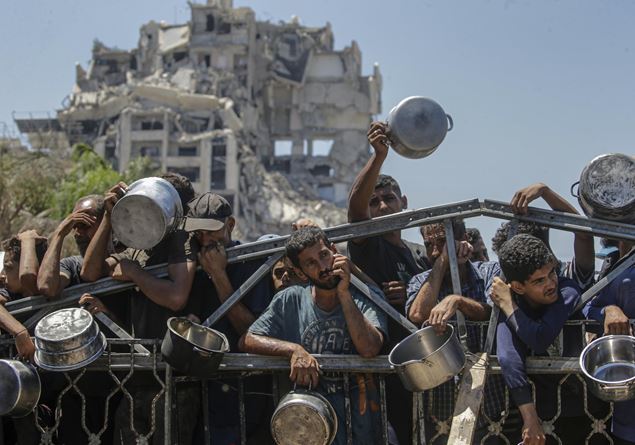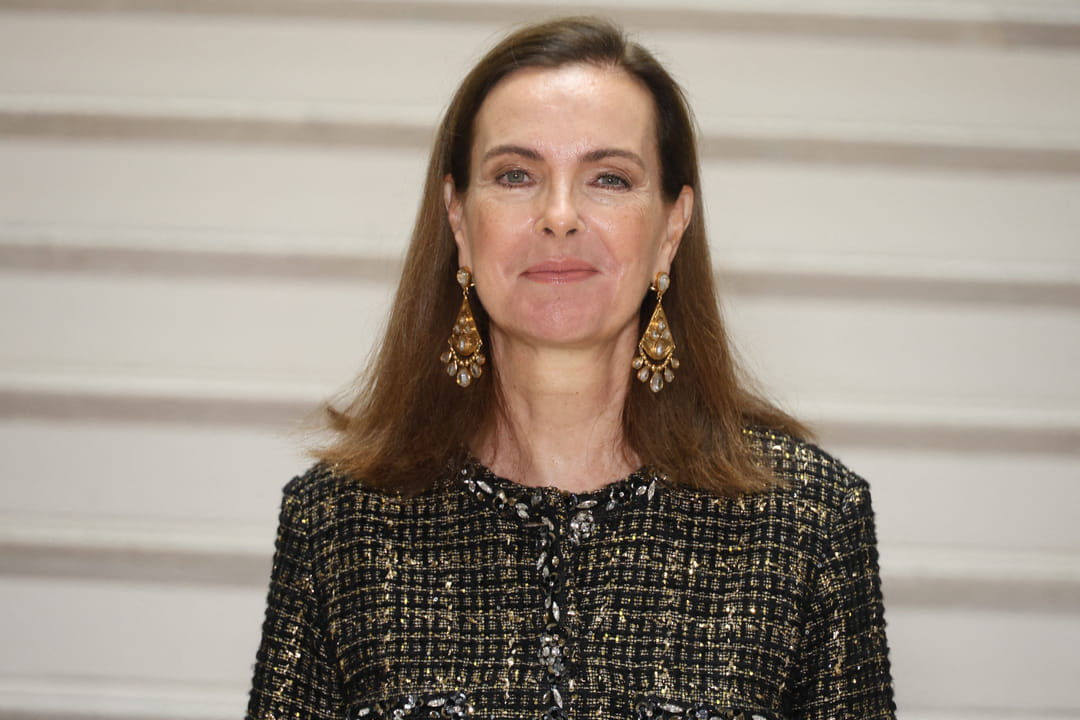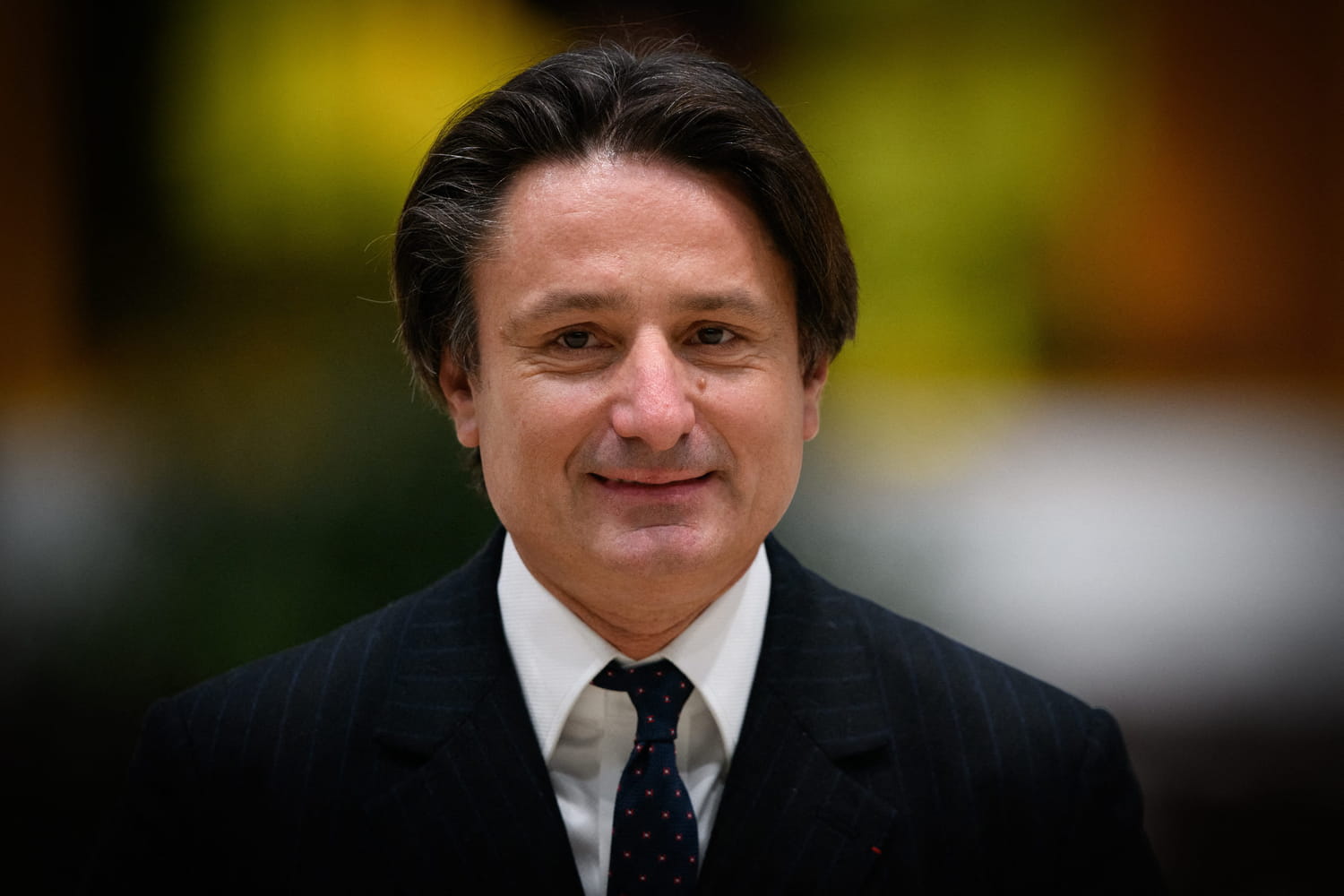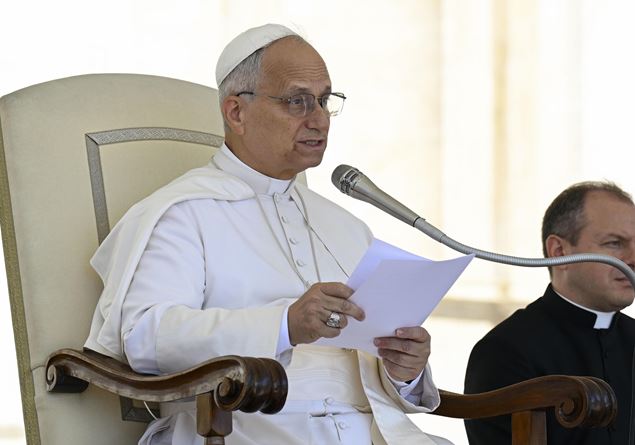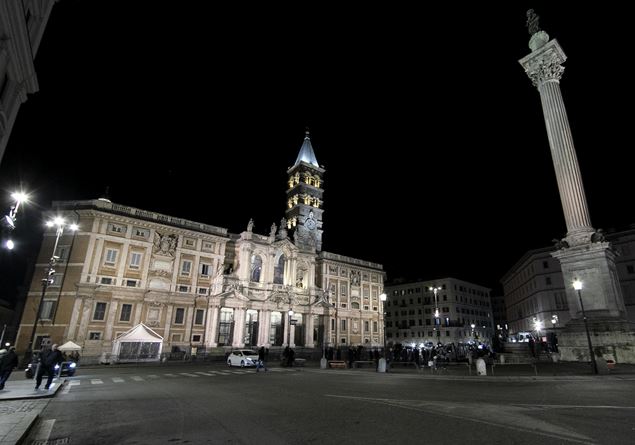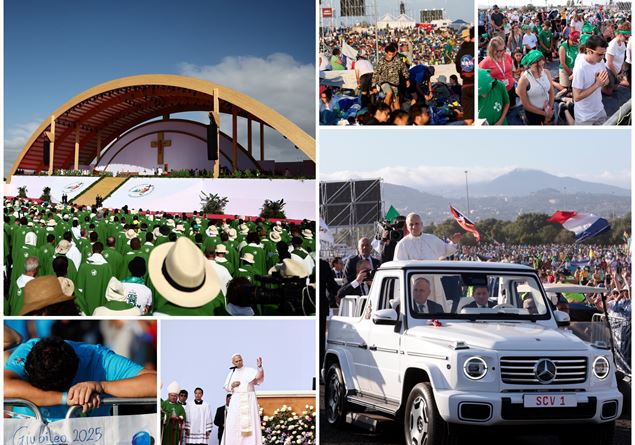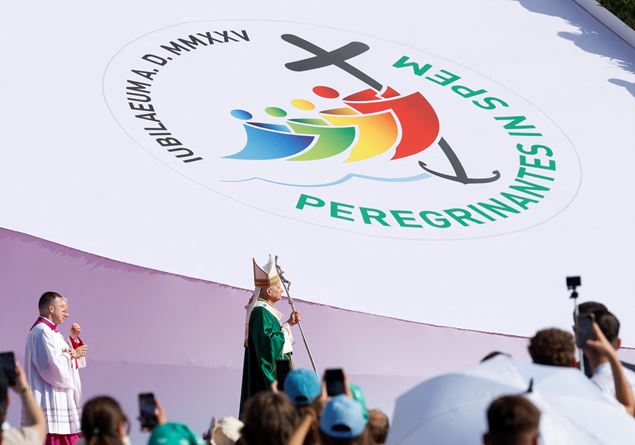There is nothing more serious than good entertainment: to build a great spectacular event you need professionalism and rigor. “Eurovision Song Contest” (ESC), the usual appointment of May with The singing race that sees 37 countries confront each otheraired this week (two semifinals, and the large final evening on Saturday), has become a model of pop spectacularity not only to imitate, but from which our “Sanremo” could also learn something.
Paradoxes of history: in 1956 – When the leaders of the Ebu, “European Broadcasting Union”, the international organization that brings together public broadcasters, built in Lugano, in Canton Ticino, the first edition of Esc – the main model they have in mind is precisely the “Italian song festival” born in 1951 Connect and coordinate broadcasts in the European space and beyond. Since then, ESC is the only case of successful program that actually crosses European borders, and beyond, For example, also including the public networks of Australia or Israel (and, until a few years ago, Türkiye and Russia also).
But what does “Sanremo” have to learn today? In a few days we will know if the appeal that Rai has made to protect his organization of the Festival has been successful. There is no doubt that Sanremo is the Rai Festival, but not to arm its brands, as he did from the ESC org, is of a serious naivety. And then, Eurovision was able to give itself adequate spaces to a television event, as well as a highly spectacular voting model. Every year, the host country (this year Switzerland, who won the last edition) gives its best in identifying a large arena (this time this time St. Jakobshalle in Basel), while the formula is widely consolidated, also with its rituals. This is certainly the time for voting on Saturday evening, which includes a mix between quality national juries and televoting (but it is never possible to vote for your country, at least if you reside). Even if we know that the hopes are few (they are favorites Austria, Sweden, France, the Netherlands and Denmark), with an on average non-excellent musical quality (but the songs of Portugal, “Deslocado” of the Napa, and the Dutch one sung in French by Claude, “C’est la vie”) and despite traces of Italian super-kitsch in the songs of San Marino deserve a mention. And Estonia (the Tommy Cash of “Espresso Macchiato”), we are certainly ready to cheer for the poetic and dreamy masculinity (“because basically it is useless to escape/from your fears …”) of our Lucio Corsi.
